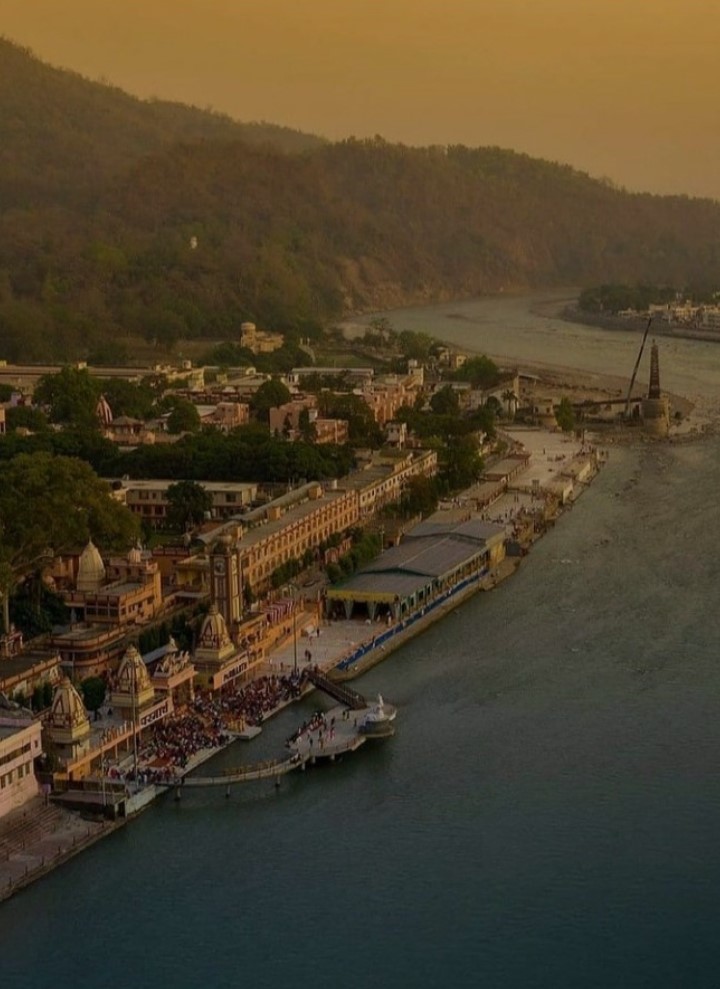The results were declared by the Ministry of Housing and Urban Development on November 20, 2021 in New Delhi.
With its rank of 82 among 372 cities across the country in the 1-10 lakh population category, the city of Dehradun has managed to enter the much- coveted "100 Top Cities" category for the first time during the past 5 years. In fact, no city in Uttarakhand had ever crossed the below 100 mark in any of the earlier Swachh Survekshan editions.
Roorkee was extremely close and ended with the 101st rank. Both cities, Dehradun and Roorkee have done better in the Swachh Survekshan rankings. While Dehradun had the 384th rank in 2019 and 124th rank in 2020 , it has now improved on its earlier performance.
Similarly, Roorkee has improved from 281 in 2019 to 131st position in 2020 to 101 in this year's edition. Rudrapur has also improved from 403 to 316 to 257 in this year's edition. Yet it must be noted that an overall rank of 257 is a poor sanitation rank for any city.
Haridwar, Haldwani and Kashipur have lagged behind and performed worse than last year. Haridwar has slipped to 285 in 2021 from 244 in 2020. Haldwani is ranked 281 in 2021 compared to 229 in 2020 while Kashipur with a rank of 342 is the dirtiest city in Uttarakhand. It's rank was 139 in 2020.
In comparison to the bigger cities in Uttarakhand, several smaller towns have more robust waste management models. They are able to collect segregated waste from all wards. Citizen awareness remains high and the towns have managed to improve constantly on their performance. They are also able generate resources from the sale of dry waste to collectors and recyclers. Muni Ki Reti near Rishikesh is a good example of an Uttarakhand small town waste management success story.
Irrespective of rankings and numbers, the waste management and cleanliness remains a major challenge for Uttarakhand. Efforts to work on sanitation have been patchy and require consistency. Waste segregation is still not taking place in many towns and mixed waste is being collected by Urban Local Bodies.
The Urban Local Bodies also lack adequate manpower and resources to handle the ever increasing volumes of waste and the tonnes of legacy waste lying around in many places.
Plastic waste is rampant and is a major threat for an ecologically fragile mountain state like Uttarakhand. Open dumpsites with animals gorging on waste are a common sight.
In rural areas, the situation is grimmer and the tourist spots that have no localized waste management systems. Given the huge tourist numbers, there is a need for new, circular and economically sustainable waste management models in Uttarakhand.
In this context, it would be apt to describe the 2021 Swachh Survekshan results as one step forward, one step backward for Uttarakhand. Thus, a lot of unfinished work remains to be done by both authorities as well as the citizens in the realm of waste management for cleaner, garbage free cities and towns in Uttarakhand.
(Anoop Nautiyal is the president, Social Development for Communities Foundation, Dehradun, Uttarakhand)







